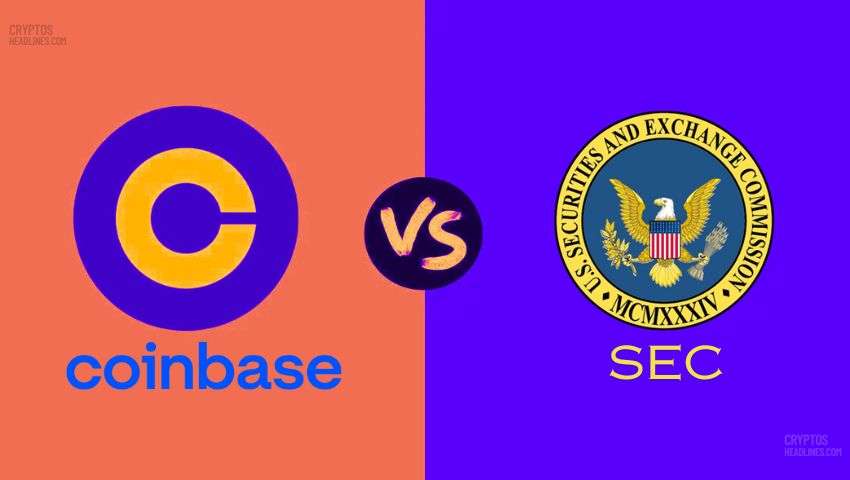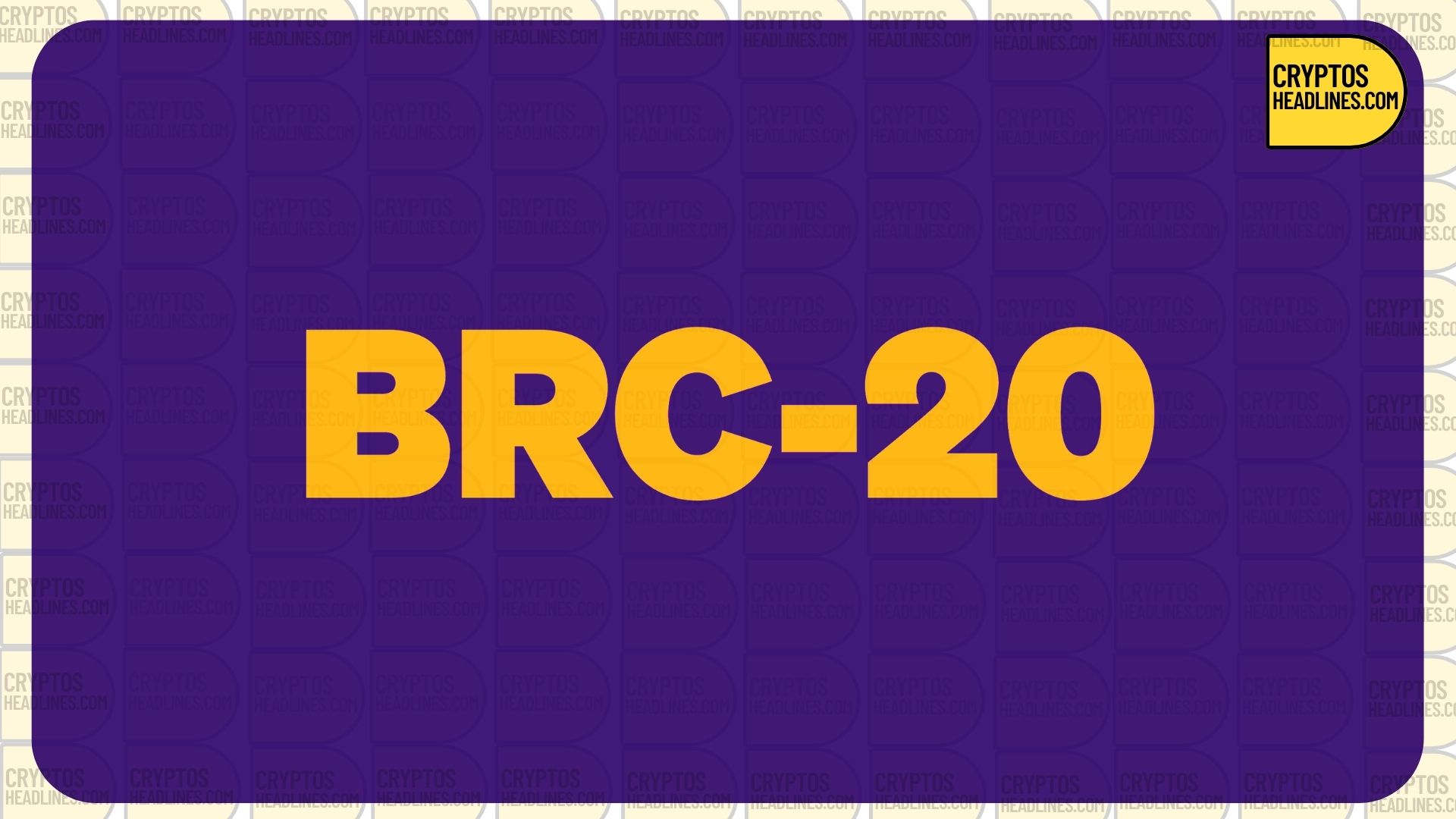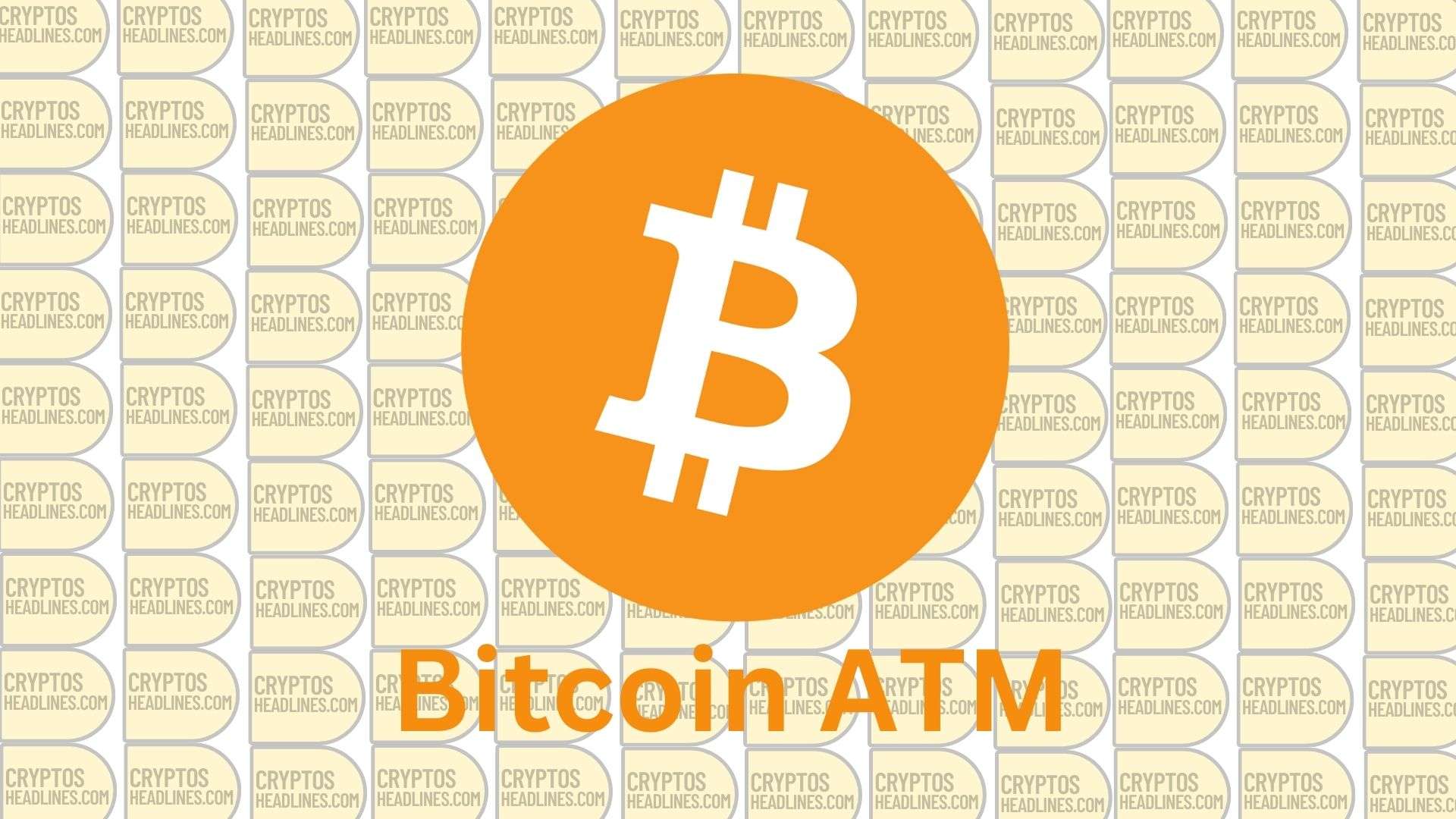A recent decision by an American judge sided with the Securities and Exchange Commission (SEC), stating that trading certain crypto assets on secondary markets counts as securities transactions.
This ruling was made in a case involving Ishan Wahi, a former product manager at Coinbase, his brother Nikhil Wahi, and their friend Sameer Ramani, who were accused of insider trading.
Landmark Ruling: Cryptocurrency Trading Deemed Securities Transactions
US District Court Judge’s Decision: US District Court Judge Tana Lin, presiding over the Western District of Washington, issued a groundbreaking ruling stating that trading certain cryptocurrencies on secondary markets constitutes securities transactions. This precedent-setting decision emerged from what the US Department of Justice (DOJ) described as the “first-ever cryptocurrency insider trading case.”
Identification of Securities Trading: John Reed Stark, former Chief of the SEC’s Office of Internet Enforcement, highlighted that Judge Lin’s decision specifically identifies trading activities on the Coinbase exchange as securities transactions. He pointed out that, according to the SEC’s original complaint from July 2022, the tokens traded on Coinbase alleged to be securities included: Amp, RLY, DDX, XYO, RGT, LCX, POWR, DFX, and KROM.
The Wahi Insider Trading Case: A Mammoth Loss For Coinbase
In an insider trading case involving Coinbase’s former product manager Ishan Wahi, his brother Nikhil Wahi, and their friend Sameer Ramani, U.S. District Court Judge Tana Lin of the Western District of Washington held… pic.twitter.com/0OzmbkFM6m
— John Reed Stark (@JohnReedStark) March 4, 2024
SEC Charges Against Coinbase and Contrasting Crypto Case Decisions
Coinbase, although not directly implicated in the Wahi insider trading case, faced charges from the SEC in June of the previous year. The SEC alleged that Coinbase failed to register as an exchange, broker-dealer, or clearing agency, prompting legal action.
Reed Stark highlighted contrasting decisions in prominent crypto cases by Judges Jed Rakoff and Analisa Torres. Judge Torres determined in July that direct sales of XRP tokens to institutional investors constituted unregistered securities, while secondary market sales on exchanges did not. However, a few weeks later, Judge Rakoff explicitly rejected Judge Torres’ decision, according to Stark.
Stark expressed concerns about the broader implications of Judge Lin’s decision, stating that it was not only a significant setback for Coinbase but also for the cryptocurrency world as a whole. He suggested that Judge Lin’s ruling could foreshadow future legal outcomes in the crypto space.
As I predicted in my last post, the US SEC just added the Wahi decision (which found certain tokens for sale on Coinbase to be securities) as a supplemental authority in the Binance matter. pic.twitter.com/IGfek69dTl
— John Reed Stark (@JohnReedStark) March 4, 2024
Coinbase’s Response to Judge Lin’s Ruling
Coinbase’s Chief Legal Officer, Paul Grewal, expressed skepticism regarding Judge Lin’s recent ruling. When asked about the case, Grewal responded with minimal concern, emphasizing that the ruling resulted from a default judgment. He clarified that such judgments occur when the defendant does not contest the SEC’s allegations in court.
I don’t think much of it at all. Here’s why. 1/6 https://t.co/jS6r6Jf4Qr
— paulgrewal.eth (@iampaulgrewal) March 3, 2024
Grewal highlighted that in default judgment scenarios, the judge is obligated to accept the plaintiff’s claims as truth, raising questions about the judgment’s fairness and validity.
Following the ruling, the SEC utilized the decision, which identified certain tokens offered on Coinbase as securities, to strengthen its case against Binance.
Important: Please note that this article is only meant to provide information and should not be taken as legal, tax, investment, financial, or any other type of advice.
Join Cryptos Headlines Community
Follow Cryptos Headlines on Google News













